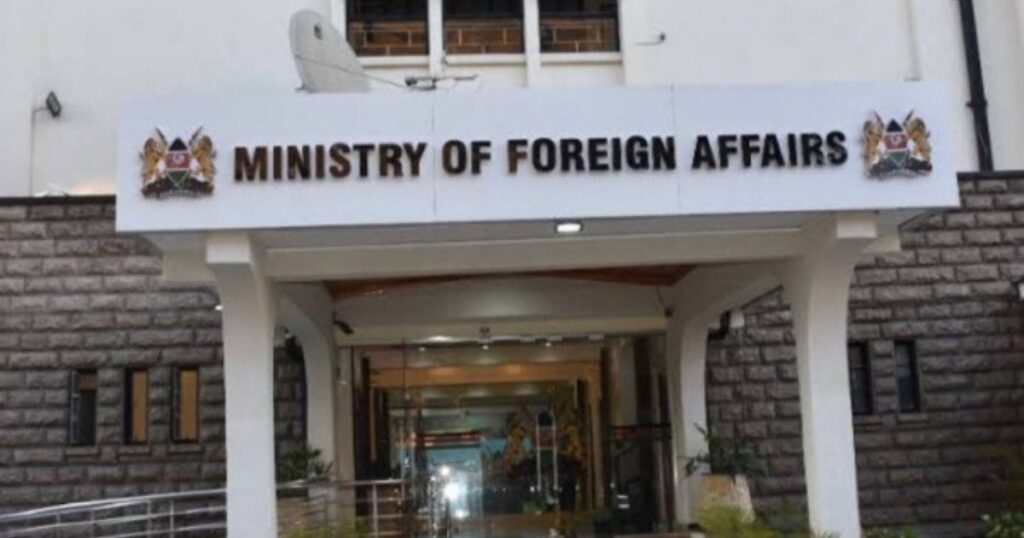In response to escalating tensions in Lebanon, the Kenyan government has initiated an urgent evacuation plan to ensure the safety of its citizens.
The Ministry of Foreign and Diaspora Affairs has issued a statement highlighting the critical situation and calling for immediate action.
The statement expressed deep concern over the deteriorating conditions in Lebanon and urged Kenyans in the country to either move to safer areas within Lebanon or leave if possible.
“Kenyans in Lebanon, we have noted with deep concern the unfolding situation in Lebanon,” the Ministry’s statement read.
“We are appealing to those who can move to safer areas within Lebanon and those able to leave the country to do so.”
To facilitate the evacuation, the Ministry has set up multiple channels for Kenyans to register.
Citizens are urged to register urgently through the provided link or contact the Ministry via the following numbers: +96590906719, +96171175006, or +254114757002.
Family members of Kenyans in Lebanon can also use these contact numbers for safety coordination or visit the Ministry’s offices at the Old Mutual Building, Ground floor, Upper Hill Road.
The Ministry also called upon the Kenyan diaspora to assist in spreading this urgent information to those in Lebanon, emphasizing the role of the Kenyan community abroad in ensuring that the message reaches as many people as possible.
In addition, the State Department for Diaspora Affairs assured that the safety of Kenyans remains a top priority and that continuous updates and further assistance will be provided through their social media channels.
The situation in Lebanon has worsened dramatically following recent regional conflicts.
On August 5, Beirut airport was overwhelmed with people attempting to flee amid fears of a full-scale conflict.
Tensions surged after the killing of a Palestinian militant group Hamas leader in Tehran and an Israeli strike on Beirut’s suburbs, which killed a top commander in Lebanon’s Hezbollah group.
Hezbollah and Iran have vowed retaliation against Israel, raising concerns that the ongoing conflicts could escalate into a broader regional war.
Hospitals in southern Lebanon, where much of the recent fighting has occurred, are struggling to manage the influx of casualties due to a prolonged economic crisis.


